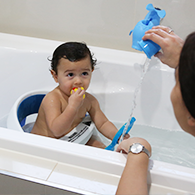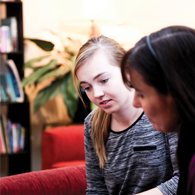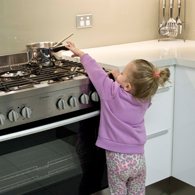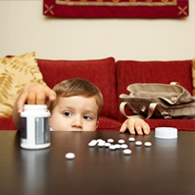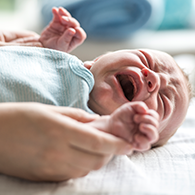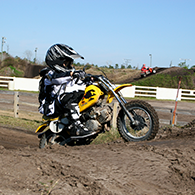Eating wild mushrooms is not worth the risk
People are being urged not to eat wild mushrooms after a significant spike in exposures to the potentially deadly fungi.
Between February and May, the NSW Poisons Information Centre (which takes calls from NSW, ACT and Tasmania) recorded a 37 per cent increase in mushroom related calls compared to the same period last year, with 160 people hospitalised so far.
The biggest spikes occurred in the ACT, with calls more than doubling, increasing from 21 to 43, and in Tasmania, with calls increasing seven-fold, rising from eight to 58. Calls in NSW did not increase, but are still of concern with 152 calls recorded.
Genevieve Adamo, Senior Specialist in Poisons Information at the NSW Poisons Information Centre, said the figures are alarming and highlight a potentially fatal issue in the community.
“We are really worried about the number of people, particularly adults, who are ingesting wild mushrooms and need people to heed the warning that mushrooms found in the wild, even if this is their own backyard, are not safe to eat,” Ms Adamo said.
Of the calls received, 45 per cent were about adults (20 – 74 years old) who had ingested mushrooms, with the other primary age group being small children (0 – 4 years old), who accounted for 40 per cent of calls.
“For children, mushroom ingestion is often accidental but for adults we know that ingestion is usually intentional, either from experimental use or from using mushrooms in cooking. What people don’t realise is that this could be deadly.”
“Cooking or boiling wild mushrooms does not make them safe to eat, which is why we strongly advise against mushroom foraging and encourage people to only eat store bought mushrooms.”
If ingested, poisonous mushrooms can cause severe abdominal pains, nausea, vomiting, diarrhoea, sweating, confusion and hallucinations. Some varieties of mushrooms can also cause severe kidney and liver damage, which can be fatal.
Anyone who ingests wild mushrooms should contact the Poisons Information Centre (13 11 26) immediately, even if they are completely well as symptoms can be delayed in onset and early treatment is vital.
In an emergency, people should call Triple Zero (000) for an ambulance or seek medical treatment through their doctor or local hospital emergency department.
For more information, see the NSW Poisons Information Centre factsheet.
Tagged in:
